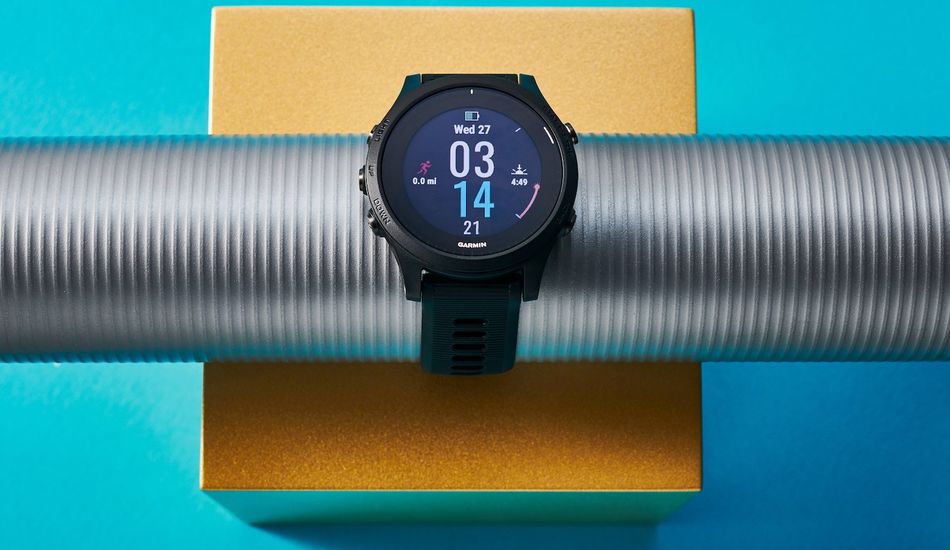
Smartwatch Stress Tracking: New Doubts Raised by Recent Study
So, smartwatches are everywhere, right? Lots of folks I know use them to track their fitness, sleep, and even keep tabs on their stress levels. But, I stumbled upon a study that makes you think twice about how accurate these devices really are when it comes to gauging our psychological state. Turns out, that fancy gadget on your wrist might not be the stress-detecting guru you thought it was.
The study, which appeared in the Journal of Psychopathology and Clinical Science, suggests that smartwatches may struggle to accurately reflect what's going on in our heads. Imagine your watch telling you you're stressed when you're just pumped up about something! According to researchers, this happens because the devices can have a hard time telling the difference between, say, the excitement of a new project and the anxiety of a looming deadline. This can be quite misleading, because people usually trust in technology.
To put things to the test, the study monitored nearly 800 students who wore a Garmin Vivosmart 4. The researchers compared the students' own reports of their emotional states with the data collected by the smartwatches. Shockingly, the two didn't match up very well. The study pointed out that there was very little connection between what the students said about their stress and what the watches were reporting. These differences can have consequences.
Garmin, of course, promotes the stress-tracking feature of its smartwatches. They explain that their watches use a combination of heart rate (HR) and heart rate variability (HRV) data to estimate stress levels. However, even Garmin acknowledges that measuring stress isn't an exact science. As they put it, both "public speaking and running up a flight of stairs can both send your heart racing, but the underlying reasons why are fundamentally different." They suggest that the more you wear the watch, the better it gets at understanding your stress patterns.
One of the study's authors, Eiko Fried, told The Guardian that the correlation between the students' self-reported stress scores and the smartwatch readings was "basically zero." He added that heart rate, which is what the watches measure, doesn't always reflect the emotions you're feeling. Sometimes, it goes up for things like sexual arousal or joyful experiences. It's important to keep in mind that these are consumer devices, not medical devices, and we shouldn't base our lives on their readings.
Previous studies seem to back up these findings. A 2023 meta-analysis found that the effectiveness of wearables in reducing stress hadn't been thoroughly investigated. And another study from the Vrije Universiteit Amsterdam found that smartwatches often confused excitement with stress. I think this kind of information is very important for a healthy and productive life.
While the study questions the accuracy of smartwatches in measuring stress, it did find that they're pretty good at tracking sleep. However, the report noted that the watches weren't as accurate when it came to measuring tiredness. It seems like there is still room for improvement!
Source: Gizmodo